The World Health Organization (WHO) announced on Wednesday that global immunization initiatives have prevented at least 154 million deaths over the past five decades, primarily benefiting infants. This monumental achievement, equivalent to saving six lives every minute for 50 years, underscores the vital role of vaccines in public health.
In a study published in The Lancet, WHO conducted a comprehensive analysis of the impact of 14 vaccines administered through the Expanded Programme on Immunization (EPI), which marks its 50th anniversary next month.
WHO Director-General Tedros Adhanom Ghebreyesus emphasized the profound impact of vaccines, stating, "Vaccines are among the most powerful inventions in history, making once-feared diseases preventable." He noted significant progress in eradicating smallpox, nearing the eradication of polio, and developing vaccines against malaria and cervical cancer, thereby advancing global health.
The study revealed that immunization has directly contributed to reducing infant deaths by 40% over the past 50 years, with infants accounting for 101 million of the lives saved. Notably, vaccines targeting diseases such as measles, polio, and tuberculosis have played pivotal roles in these achievements.
In Africa, where infant mortality rates have historically been high, the reduction exceeded 50%, demonstrating the substantial impact of immunization programs on childhood survival.
The measles vaccine emerged as particularly impactful, accounting for 60% of lives saved through immunization. Additionally, the polio vaccine prevented paralysis in over 20 million people, illustrating its critical role in preserving mobility and health.
Moreover, the study highlighted the long-term benefits of vaccination, with individuals who survive childhood vaccination enjoying an average of 66 years of healthy life.
Despite these achievements, challenges persist, including addressing misinformation and anti-vaccination sentiments. The rise of anti-vaccination movements has led to setbacks in measles vaccination efforts, contributing to outbreaks and preventable deaths.
WHO emphasized the importance of concerted efforts to reach populations who missed vaccinations, particularly during the COVID-19 pandemic. The joint campaign "Humanly Possible," launched in collaboration with UNICEF, the Gavi vaccine alliance, and the Bill and Melinda Gates Foundation, aims to scale up vaccination programs globally to save more lives and promote health equity.
While celebrating past successes, WHO underscores the urgent need to address barriers to vaccination access and combat vaccine hesitancy to sustain progress and prevent future outbreaks.



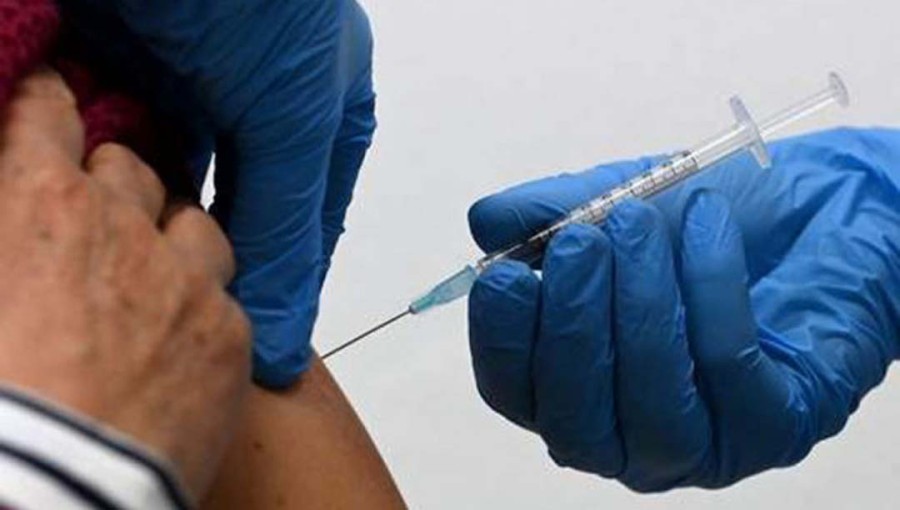

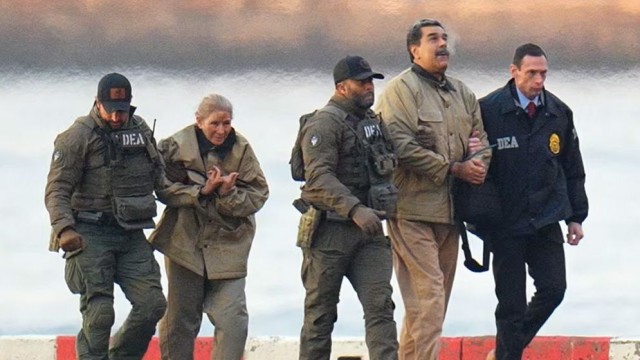
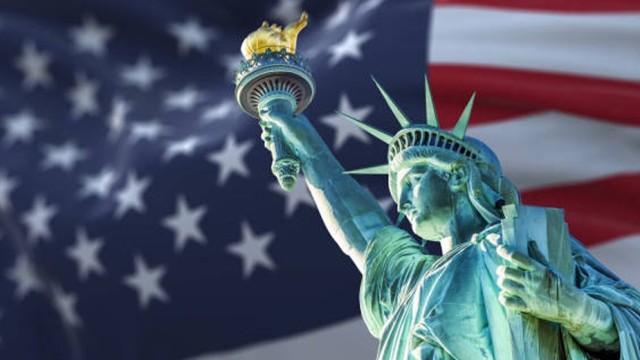
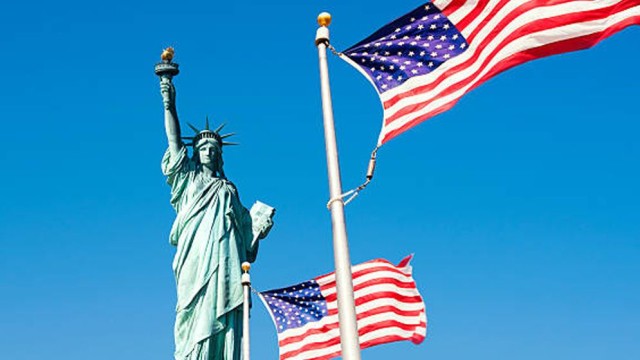
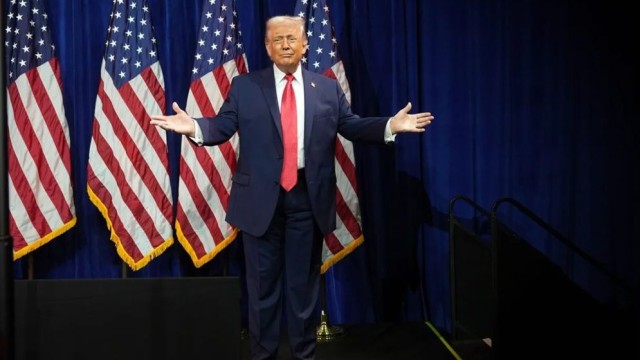
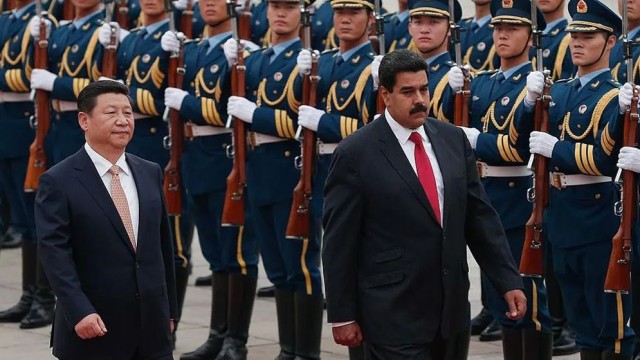
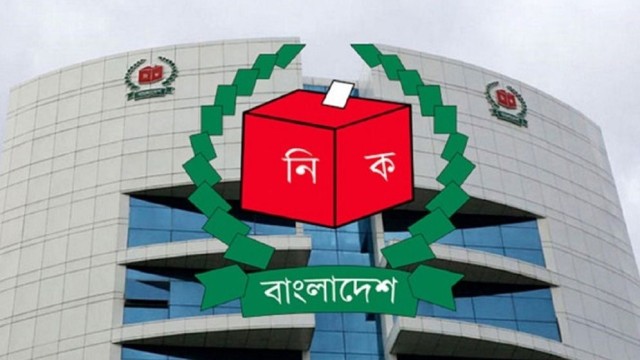
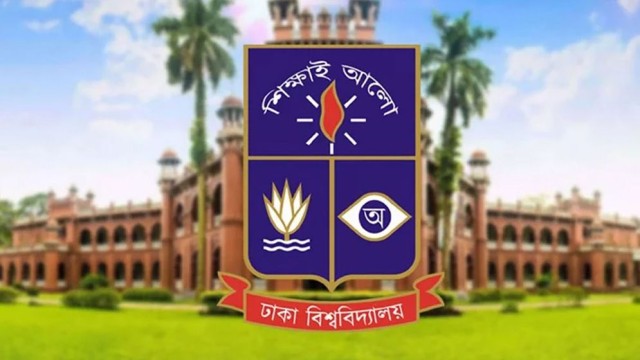
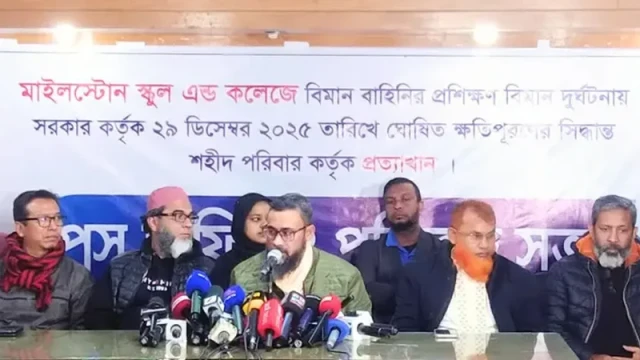



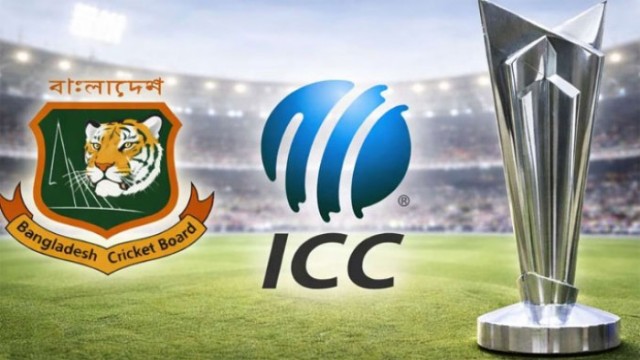
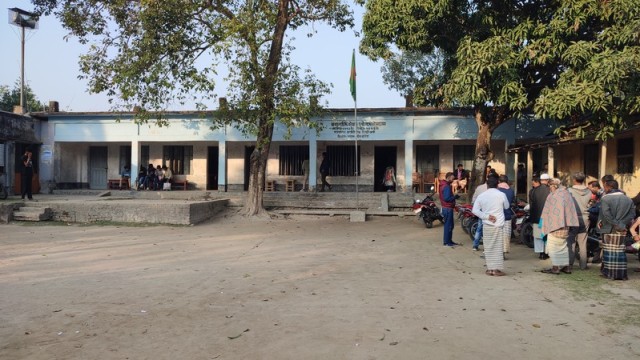
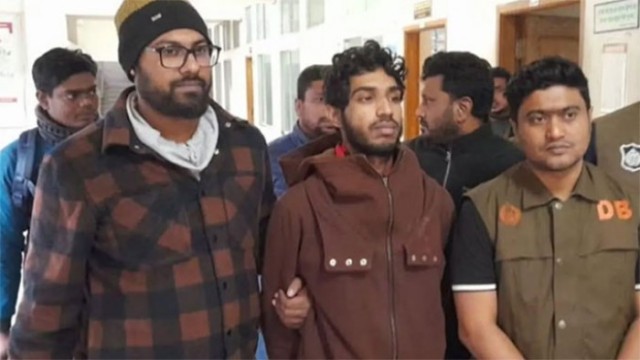


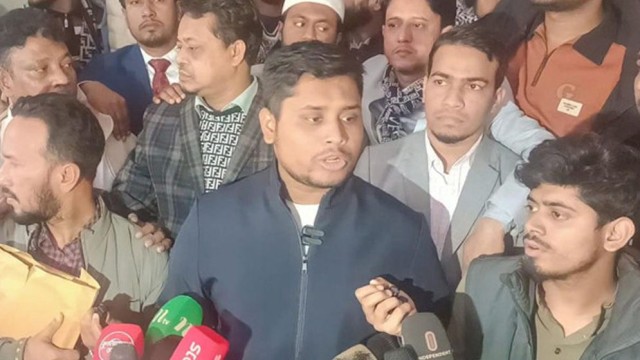

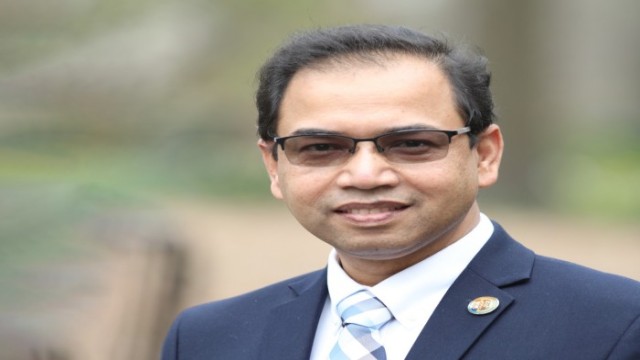

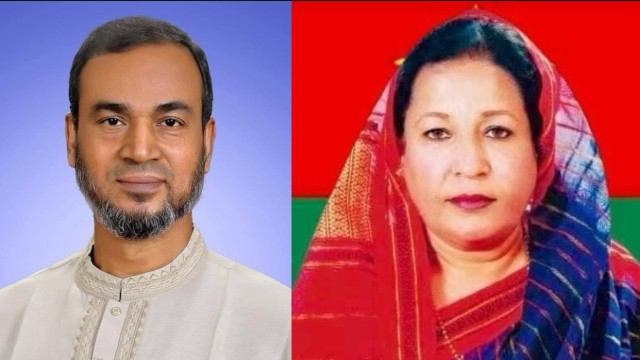

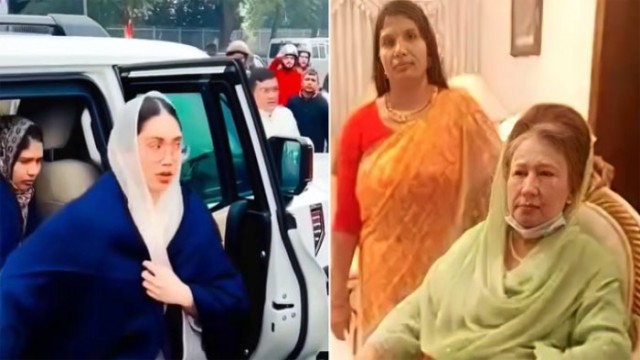
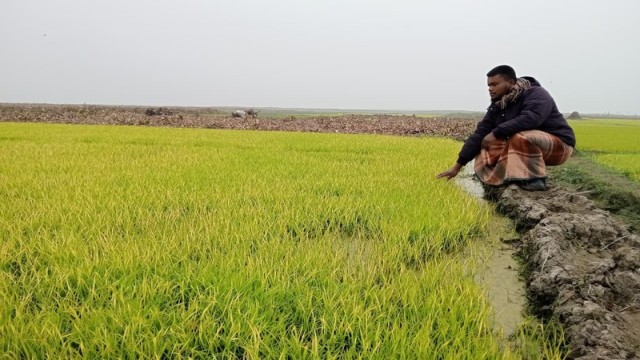

Comment: